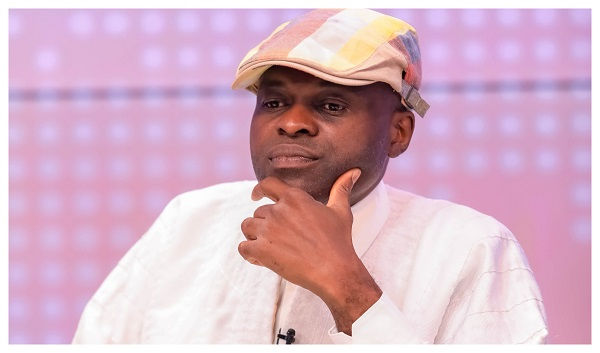
Just over 5,300 pupils were sitting the second day of the baccalaureat exams at the time of the explosion early Wednesday afternoon in Bangui, the capital of the deeply poor nation.
In the ensuing panic, supervisors and students tried to flee, some jumping from the first floor of the school.
The injured were transported by ambulance, on the back of pickup trucks or by motorbike taxi, AFP journalists saw.
Michael Jordy Yerima, 20, survived the stampede by jumping from a first-floor window but fractured his foot.
“Around me, there were other injured students, and some died on the spot,” he said.
President Faustin Archange Touadera, who was attending a summit of the Gavi vaccine alliance in Brussels, announced three days of national mourning.
“I would like to express my solidarity and compassion to the parents of the deceased candidates, to the educational staff, to the students,” Touadera said in a video published on his party’s Facebook page.
According to a document circulating on social media and authenticated by the health ministry, 29 deaths were registered by hospitals in the city.
“The hospital was overwhelmed by people to the point of obstructing caregivers and ambulances,” a health ministry source said.
UN peacekeepers, police and other security were seen around the Barthelemy Boganda high school and hospitals.
Education Minister Aurelien-Simplice Kongbelet-Zingas said in a statement Wednesday that “measures will be taken quickly to shed light on the circumstances of this incident”.
The minister added that a further statement would follow regarding a date for the students to resume their exams programme.
On Thursday, authorities banned a gathering of candle-bearing students who had sought to pay tribute to their dead classmates.
Several people also gathered to protest against national energy company Enerca, an AFP reporter said.
Colette Hiporo, mother of two injured high school students aged 17 and 19, complained that “raising children in these conditions, with misery, tears and without resources, is already a real struggle.
“Officials are underpaid and we can’t live well. What happened is very serious.”
Yerima, the student who jumped from a window, told AFP that after “the explosion which shook the building, the supervisors, who were supposed to control us, were the first to start fleeing”.
The Republican Bloc for the Defence of the Constitution (BRDC), a coalition of opposition parties, condemned “the irresponsibility of the authorities in place, who have failed in their duty to ensure the safety of students and school infrastructure”.
The CAR is among the poorest countries in the world and, since independence from France in 1960, has endured a succession of coups, authoritarian rulers and civil wars.
The latest civil war started more than a decade ago. The government has secured the main cities and violence has subsided in recent years.
But fighting occasionally erupts in remote regions between rebels and the national army, which is backed by Wagner mercenaries and Rwandan troops.
Municipal, legislative and presidential elections are scheduled for August and December this year but UN experts have urged institutional reform of the electoral authority before the polls and for “transparent internal governance” as tensions between the government and the opposition intensify.










